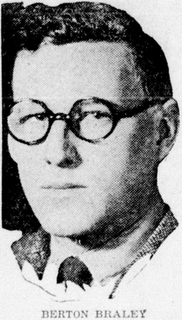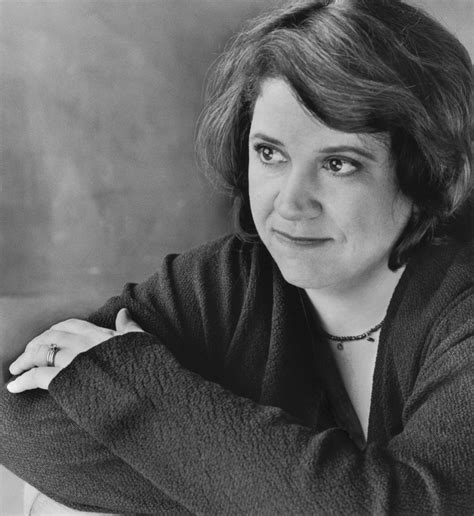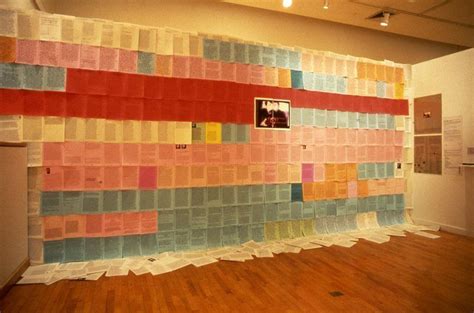A Quote by William Zinsser
I think a sentence is a fine thing to put a preposition at the end of.
Related Quotes
Once when the Yankee's Lou Pinella was batting he questioned a Palermo strike call. Pinella demanded, "Where was that pitch at?" Palermo told him that a man wearing Yankee pinstripes in front of 30,000 people should not end a sentence with a preposition. So Pinella, no dummy, said, "OK, where was that pitch at, asshole?"
I can't make head or tail of Life. Love is a fine thing, Art is a fine thing, Nature is a fine thing; but the average human mind and spirit are confusing beyond measure. Sometimes I think that all our learning is the little learning of the maxim. To laugh at a Roman awe-stricken in a sacred grove is to laugh at something today.
I write lyrics really fast. When it's time to write, I usually put them off until the very end and then when it's time to write I can just sit down: I sing the melody, whatever the melody is, because that's the first thing that's already been there for a long time; I start singing it and I start creating consonants and vowels; then they turn into words; then all of the sudden one sentence will happen; then that sentence will dictate how the rest of the sentences happen.
I usually start writing a novel that I then abandon. When I say abandon, I don't think any writer ever abandons anything that they regard as even a half-good sentence. So you recycle. I mean, I can hang on to a sentence for several years and then put it into a book that's completely different from the one it started in.





































